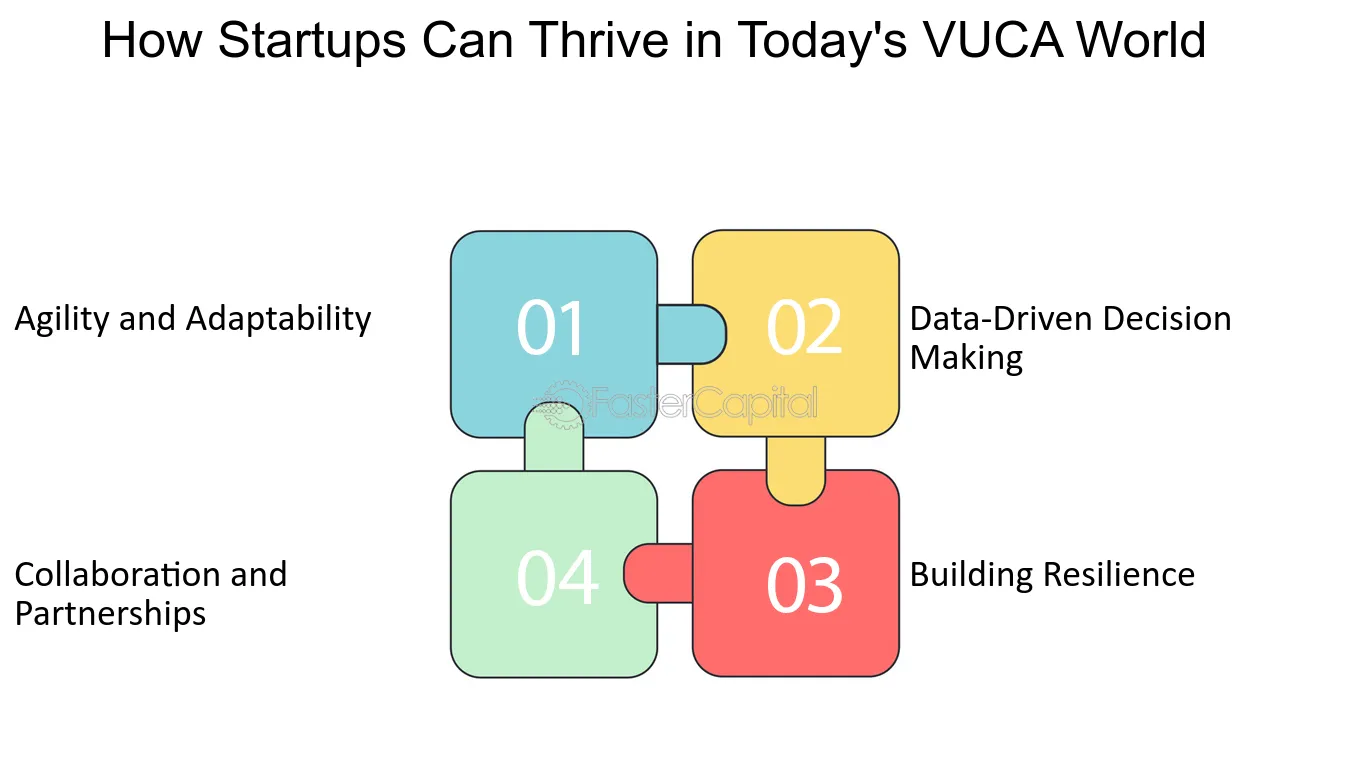A tech bull market lasting more than a decade was the backdrop to the startup funding frenzy in the years following the pandemic. Investors, enticed by rapidly increasing valuations, jumped at the chance to be a part of the action at the early stage.
However, the flurry of excitement in European private markets came crashing down in 2023, with funding dropping by nearly 46% to €57.1bn compared to the previous year. Valuations across the board plummeted, Covid unicorns faltered (take Hopin, for example), and VC funding dried up. There is strong consensus that we won’t return to the heydays of 2020-2021 anytime soon.
Yet amidst the challenges, 2025 looks like it could be a bounce-back year for startups. As public markets begin to thaw, the liquidity will filter down into venture markets. But while there are signs that we will see improvement, there is no guarantee. For startup founders and investors, simply waiting for the good times to return won’t do it.
Reasons to be positive
As countries across Europe face economic headwinds – with the UK briefly slipping into a technical recession – the general sentiment among founders and investors seems to be to keep their heads above water for the rest of the year. However, now more than ever, we need to champion the startup ecosystem. Funds are meant to be invested and now is the time to do it.
European VCs are sitting on record amounts of dry powder, but there remains a reluctance to deploy the funds because they do not know what is around the corner. With wars showing little sign of ending, and elections taking place in India, the US and UK – to name just a few – this reticence is understandable. Yet experienced investors see opportunities here – after all, many of the best businesses emerge during times of economic difficulty.
Back to basics
Many founders and investors that have experienced the boom years built huge valuations based on customer acquisition figures rather than revenue. This growth-at-all-cost mentality led to huge marketing spending with few prioritising the need to get to profitability. A massive reset post-pandemic has seen the pendulum swing heavily the other way, with company valuations crashing and a renewed clamour from investors to reduce burn rates and get to break even.
Markets can change overnight so this financial preparedness seems reasonable in turbulent times. Each funding round should achieve at least 12 months of runway in part to bridge to better times hoped for in 2025 and in part to give a startup’s management team a break from fundraising so that they can concentrate on actually running the business. Having this buffer demonstrates financial management and risk mitigation, both of which are attractive qualities for investors in the post-hype world.
Another business fundamental for startups to prioritise is a focus on real customer engagement. Now more than ever, the winners will be those that focus on profitable and scalable routes to market. Customer obsession that leads to the creation of products and services that result in consistently adding value to their customers is the kind of ‘back to basics’ approach that investors are expecting companies to see demonstrated to ensure a business will ride the tide until the economy improves.
Is there a secret sauce?
A company’s route to market is key; but how can investors support them? One secret to the success of the early-stage investment and entrepreneurial community is working alongside experienced angel investors. The most valuable angels are those who have deep, practical sector knowledge and a detailed understanding of routes market, specific to the business they seek to support. By working with the best sector-focused angel investors, companies are able to embed deep sector expertise into their team and have someone, properly aligned with them, who has real-life experience of building a business in their sector to scale.
In fact, 2024 is on track to be the largest investment year in our 13-year history at ACF Investors, despite the prevailing gloom over the economy. We’ve backed innovative startups across a range of industries including climate-tech company, Sonichem, ad-tech startup, NumberEight, and insurance tech company Arrow Risk Management demonstrating the diversity of opportunities available in the UK.
Now is the time for investors to back great UK and European startups and help rebuild the ecosystem back to its dominant position in 2025 and beyond. The funding landscape and entrepreneurial expectations have fundamentally changed in the last couple of years but the ambitions of entrepreneurs have not.
Those companies that have attracted the right expertise around them through investors, board members and executives are best placed to not just survive 2024 but see it as a key part of their journey that makes them thrive.
George Whitehead is a partner at ACF Investors.
The post Why startups can thrive rather than survive to 2025 appeared first on UKTN.


